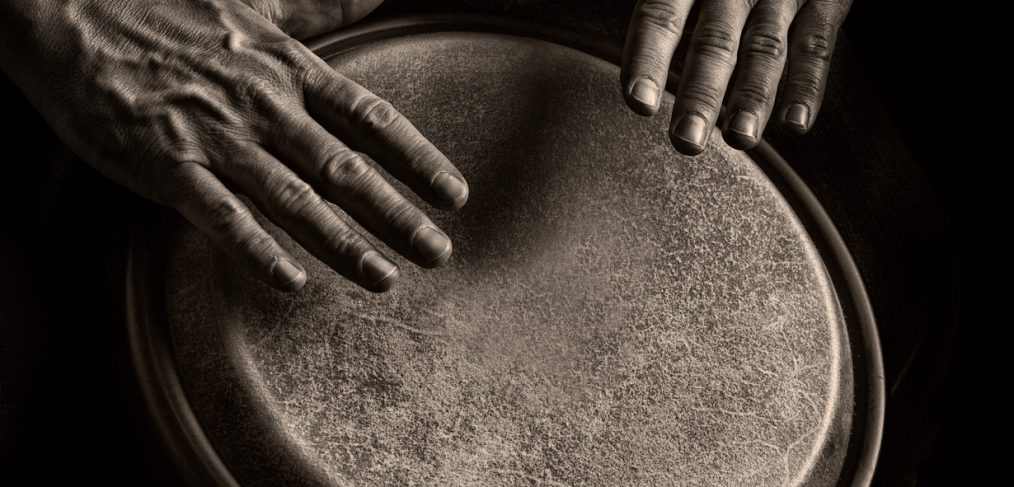What is the best thing you will do today?
Will it just happen, or will it take some doing?
When you wake up in the morning and think about the day ahead, does your mind immediately go to a to-do list or the demands on your time and energy; or do you wake up excited about something?
All of us have things we must do – every single day. And, often, those things can be overwhelming. It’s very easy for our daily direction to give way to our responsibilities and for the more sublime parts of our lives to get take a back seat (or not even make it into the car).
My days usually start with thoughts of beating the traffic, some early-in-the-day deadline, or some crisis that I have to address – that works for me. My subconscious mind has a way of organizing and prioritizing that my conscious mind doesn’t, so I start the day by organizing my day.
But, for me, it’s also important to think about what will make my day special: something that I look forward to, something exciting, something noteworthy, something extraordinary.





